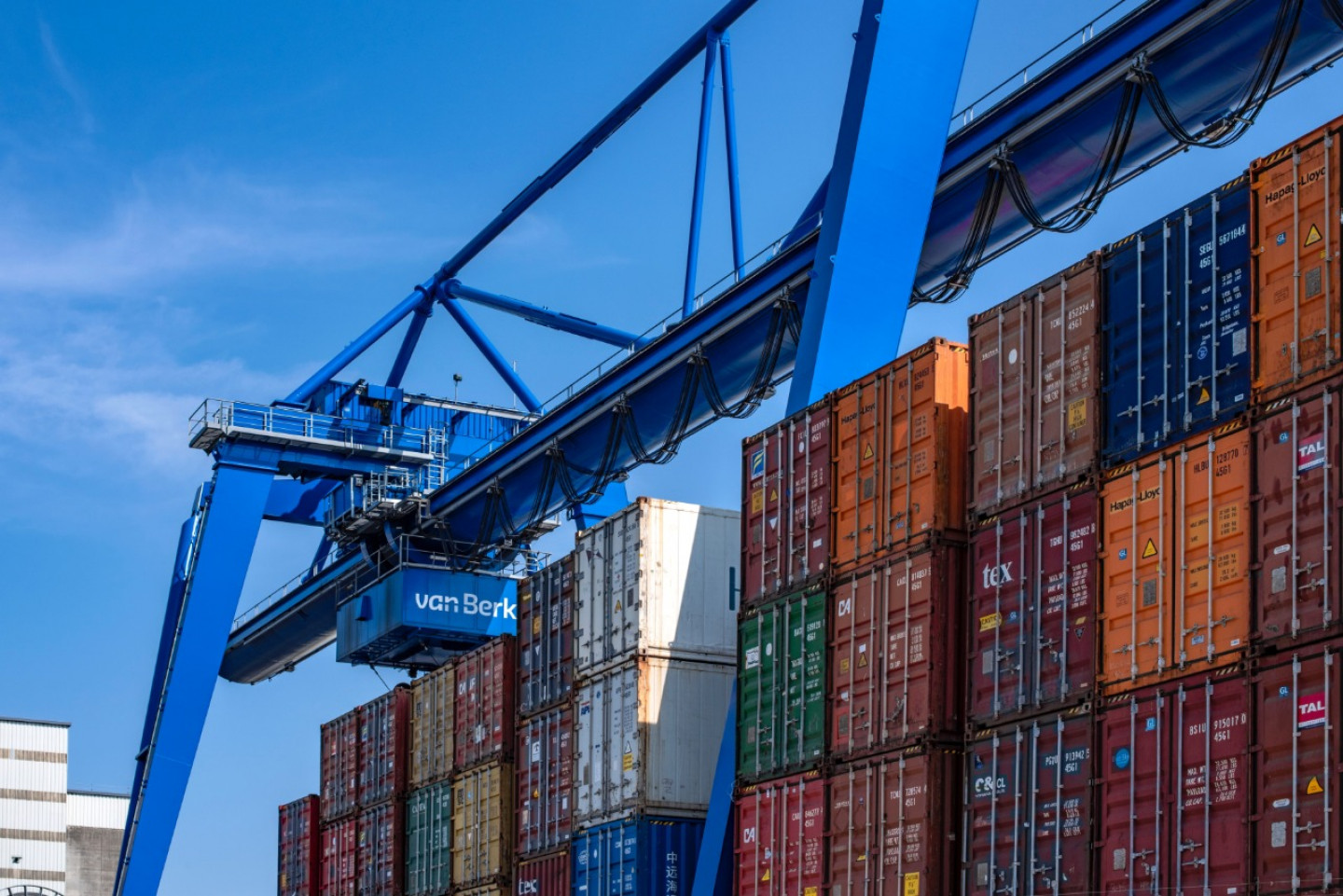
Thursday, 12 August 2021 10:49
Webinar Recap: Supply Chains in the Digital Era
Within the world of business, supply chains form an important backbone of successful companies; they represent the web between companies and suppliers that help produce and distribute goods and services towards consumers.
Proper management of one’s supply chain is imperative to the success of one’s business, especially in the context of today’s pandemic stricken world. When a company’s supply chain works effectively it can reduce their overall operating cost while at the same time dramatically increasing profits.
In order to achieve this, companies need to design and implement new initiatives within their respective logistical networks that are able to adapt to and fit the needs of the contemporary digitally-fueled consumer. Only by doing so will they be able to maximize their reach and involvement in today’s market.
IForte’s latest webinar, ‘The Future of Supply Chain 4.0’, held on the 22nd of July 2021, explored the needs and potential challenges facing institutional supply chains in the 21st century. With the advent of the coronavirus pandemic and its subsequent negative effects on traditional logistical networks, the need for a strong, digitally savvy supply chain network is stronger than ever. Such a sentiment was expressed by speaker I Nyoman Pujawan, professor of Supply Chain Engineering at the 10th Nopember Institute of Technology in Surabaya, who in his presentation stated the importance of businesses being able to adapt to current climates and trends if they wished to keep up with contemporary demands and expectations. In order to effectively do so, Pujawan believes that every facet of a company’s logistics operations needs to integrate digital technologies. This includes sectors ranging from production, warehousing, transportation as well as sales and marketing.
The need to adapt to a new form of logistics management was similarly echoed by Kyatmaja Lookman, CEO of Lookman Djaja Logistics, who expressed how institutions and individuals involved in logistics management needed adjust and tweak their approach in order to accommodate these changes should they risk falling behind in efficiency and effectiveness. In particular, much of the human aspects found within existing structures should be tweaked to accommodate new changes.
Okin R. Purba, Member of the Indonesian Logistics Association, expressed how the digitization of supply chains has resulted in a number of positive effects on businesses. Firstly, Purba mentions how digitally-based supply chains, which utilize robotic equipment such as sensors to support the production process, will make the company more efficient in running its business as they allow for a faster, more efficient flow of information whilst at the same time also increasing productivity and lower operational costs.
Furthermore, if a company has a successful digitally integrated supply chain then all processes from manufacturing, production, to distribution to customers will be connected in real time, allowing for greater control, efficiency and maintenance.
Another advantage, continued Okin, in the use of advanced digital technology softwares such as AI and machine learning within existing supply chains, is that they allow companies to develop more innovative management strategies when developing new products that may be predicted to be purchased or needed by consumers in the next 10-20 years. "Customers can easily monitor supply chain activities, speed, planning, design, forecasting, product quality and status. We can even predict via analyzed data what will be in large demand in the future. In addition, the use of advanced machines and technology can also reduce the number of workplace related accidents," he concluded.
Lookman adds that digitization incentives innovation, synchronization and collaboration between parties within existing supply changes while also pushing technological synergy, which in turn allows for a more efficient logistical model.
However, while technologies such as IoT (internet of things), cloud, and Artificial Intelligence (AI) come with a large number of benefits, they are also host to a number of new demands and potential problems that companies must successfully navigate. For example, these technologies are often prone to system failures and bugs, which may put the entire supply chain out of commision for an extended period of time. Companies adapting such technologies must be ready to have a number of contingency plans should such a situation arise. Furthermore, existing parties within an institution’s supply chain will need to be adjusted and fixed in order to accommodate these new technologies. Such a shift may take out a large number of time, resources and manpower from existing operations, which in the short-term may prove highly costly to enterprises.
Another major impact from the digitization of supply chains would be the diminished involvement of human workers as machines take center stage in much of the day to day operations of these networks. According to Purba, this can result in a number of negative consequences for institutions making this shift as they will have to downsize their production numbers and labour pool whilst in the process of installing new technologies.
In the end, balance needs to be found between adapting artificial intelligence and human ingenuity, and according to Purba, this will be a key factor in creating an effective, well-managed supply chain for the future. While digital tools and artificial intelligence make for powerful and effective tools, proper management of these tools from human parities is needed to make sure that these resources do not fail or create new problems.
